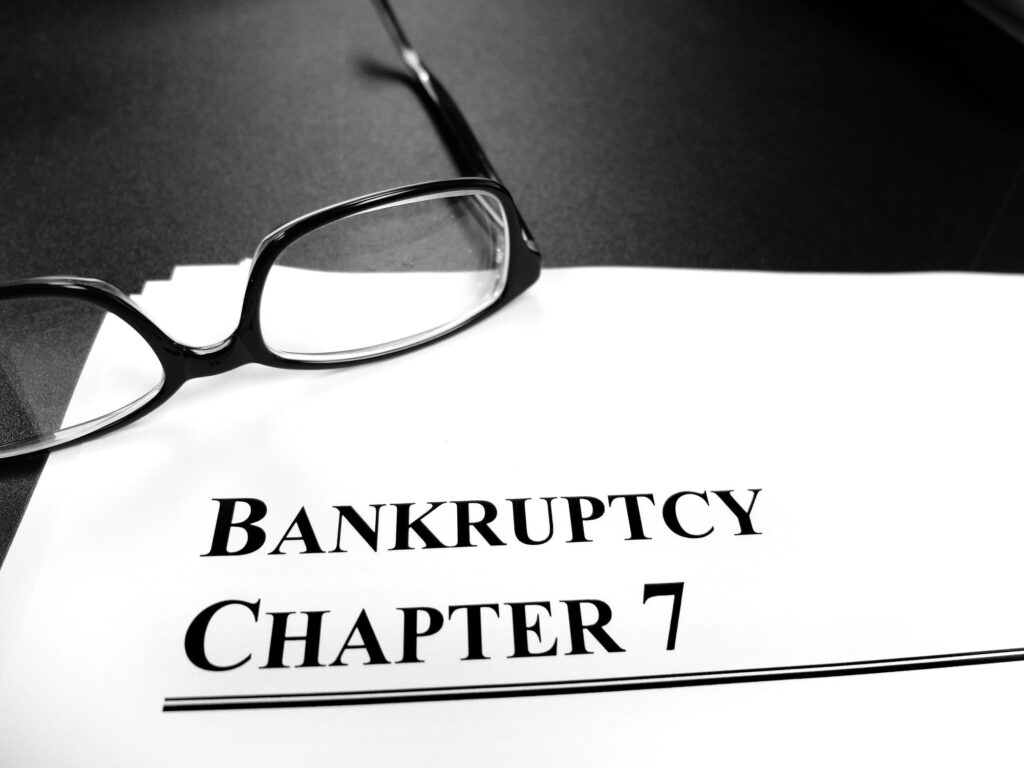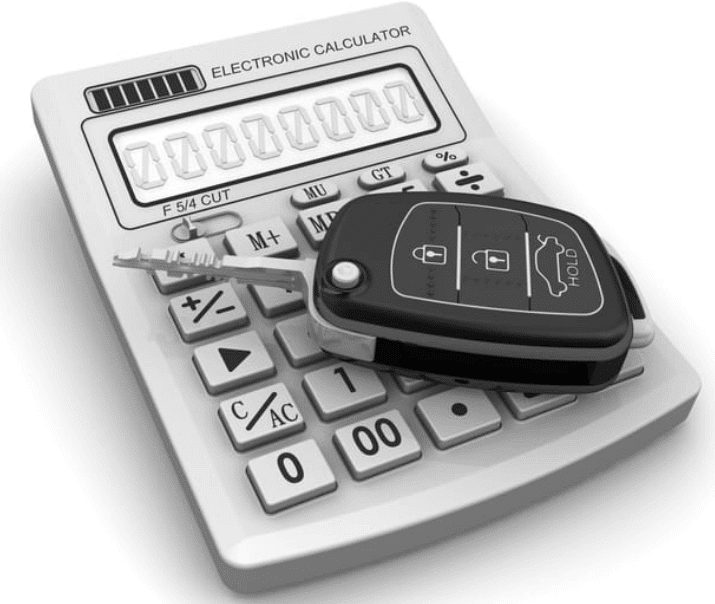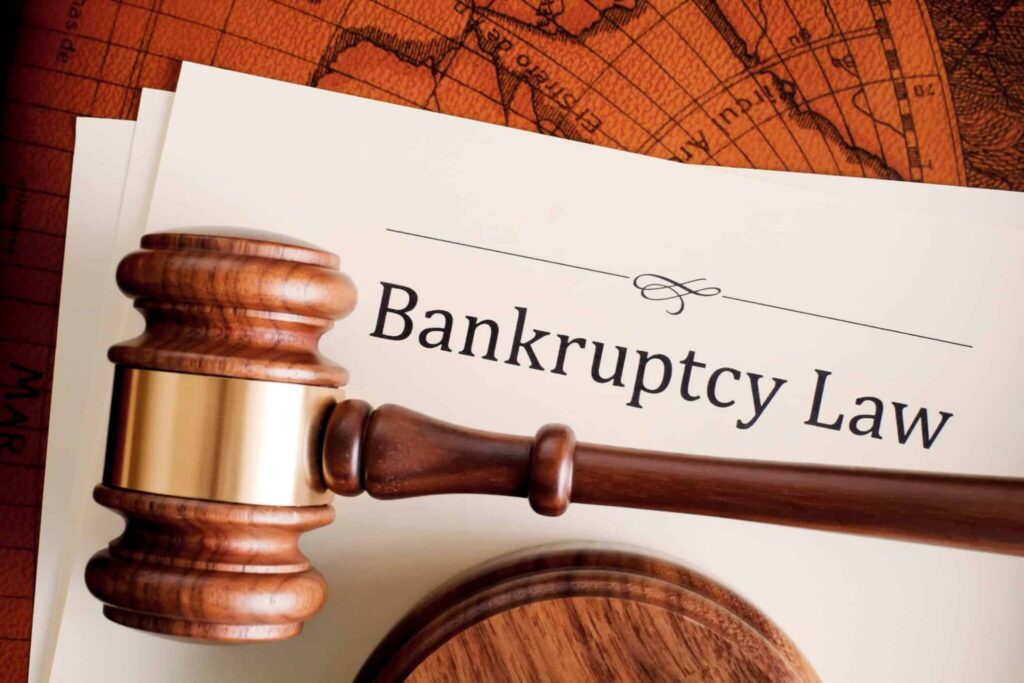Chapter 7 Bankruptcy Las Vegas

Are you considering filing for Chapter 7 bankruptcy in Las Vegas?
Make this difficult time a little easier by allowing the team at DeLuca & Associates Bankruptcy Law to handle all the necessary paperwork. We aren’t here to judge you, we’re here to help you with your monetary issues.
What is Chapter 7 Bankruptcy?
Chapter 7 bankruptcy is the most common of bankruptcy filings. Often defined as the “liquidation of assets,” filing for Chapter 7 forgives unsecured debt, allowing the debtor to begin anew. Individuals, married couples and companies are eligible for this type of filing. A trustee is appointed to sell the debtor’s assets for payment of debts, though federal and state law exemptions allow for retention of a primary residence and basics such as clothing. After filing for Chapter 7, the debtor cannot re-file for this type of bankruptcy for seven years. Filing for bankruptcy is hard enough without having to tackle a mountain of paperwork. Let us take care of all confusing forms for you. Our services include:
- All paperwork completed
- Free credit report
- Case handled by a lawyer rather than a legal assistant
Take some time to breathe while discussing your case at our office, where you’ll be met by our professional yet courteous team. Contact us today at (702) 252-4673 to schedule a free consultation and learn more about the best Las Vegas bankruptcy attorney.

Mr. Deluca and his team are happy to answer questions about the following:
Chapter 7 Bankruptcy FAQs
Get a FREE Consultation
Set up your free consultation with Attorney Anthony DeLuca or one of his associates to go over your Las Vegas bankruptcy.













